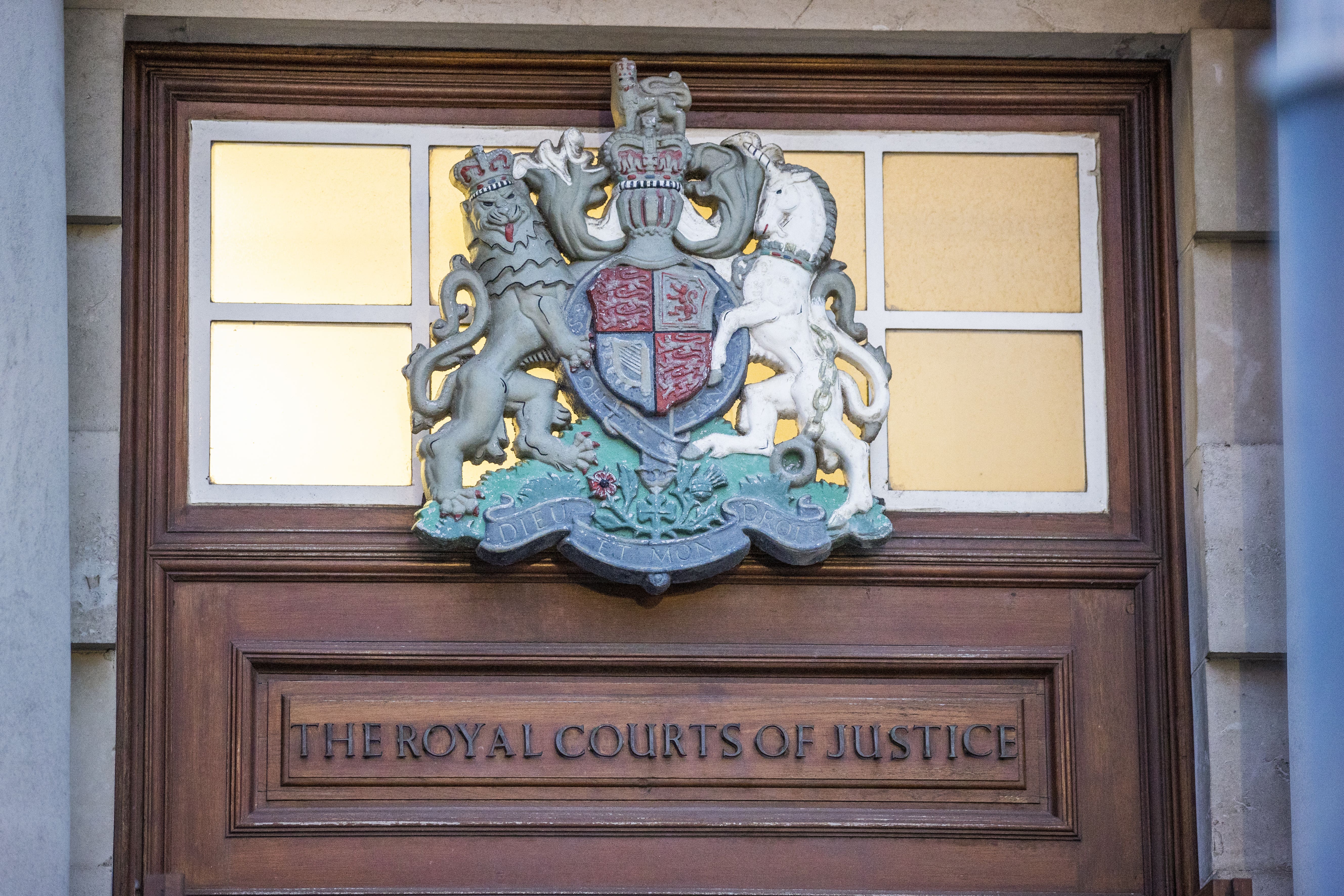Public banned from attending serious sexual offences trials in Northern Ireland under new laws
The laws, arising from a review by Sir John Gillen, come into force on Thursday

Your support helps us to tell the story
From reproductive rights to climate change to Big Tech, The Independent is on the ground when the story is developing. Whether it's investigating the financials of Elon Musk's pro-Trump PAC or producing our latest documentary, 'The A Word', which shines a light on the American women fighting for reproductive rights, we know how important it is to parse out the facts from the messaging.
At such a critical moment in US history, we need reporters on the ground. Your donation allows us to keep sending journalists to speak to both sides of the story.
The Independent is trusted by Americans across the entire political spectrum. And unlike many other quality news outlets, we choose not to lock Americans out of our reporting and analysis with paywalls. We believe quality journalism should be available to everyone, paid for by those who can afford it.
Your support makes all the difference.The public is being banned from attending serious sexual offences trials in Northern Ireland under new laws which have come into force.
Lifelong anonymity for victims of sexual offending will be extended until 25 years after the victim has died and suspects will be given anonymity up to the point of charge.
The Department of Justice has announced the new laws, which implement recommendations made by Sir John Gillen in his review into the law and procedures in serious sexual offences.
Welcoming the change, Sir John said the prospect of a trial in a packed courtroom was a factor in deterring victims of serious sexual attacks from engaging with the criminal justice system.
The new laws provide for:
– The exclusion of the public from court in serious sexual offence cases, where only those necessary to the effective functioning of the proceedings, and representatives of the press, will be allowed in the court during crown court trials and appeal hearings in the Court of Appeal;
– The extension of existing lifelong anonymity for victims of sexual offending for a period of 25 years after the victim has died;
– Anonymity for suspects in sexual offence cases up to the point of charge. Those not subsequently charged will have anonymity for their lifetime and for 25 years after their death;
– Nothing can be published which leads to the identification of a victim of a sexual offence, or a suspect in a sexual offence case. Those who breach the anonymity provisions face up to six months’ imprisonment.
Permanent secretary at the Department of Justice Richard Pengelly said: “Sir John’s review concluded that the unrestricted access of the public to trials of serious sexual offences humiliated and intimidated complainants, and deterred victims of sexual crimes from reporting them to the police.
“The exclusion of the public from court in these cases is an important step in giving greater protection and support to victims.
“I hope that all these measures will enable victims to have greater confidence in the criminal justice system and that, rather than suffer in silence, they will feel able to report when they have been the victim of a sexual offence, knowing that these further protections are in place.”
Sir John said that the legislation builds on “progressive changes” already implemented by the department, including the provision of independent sexual offences legal advisers for all complainants, remote evidence centres and fast-tracking for cases involving children.
He continued: “One of the most unforgiving consequences of a complainant coming forward in a serious sexual offence has been the utter humiliation of being obliged to recite the most intimate and distressing details of their experiences before, potentially, a packed courtroom.
“It was one of a number of factors deterring victims from engaging in the criminal justice process in the context of sexual attacks.
“That particular fear has now been removed.”


